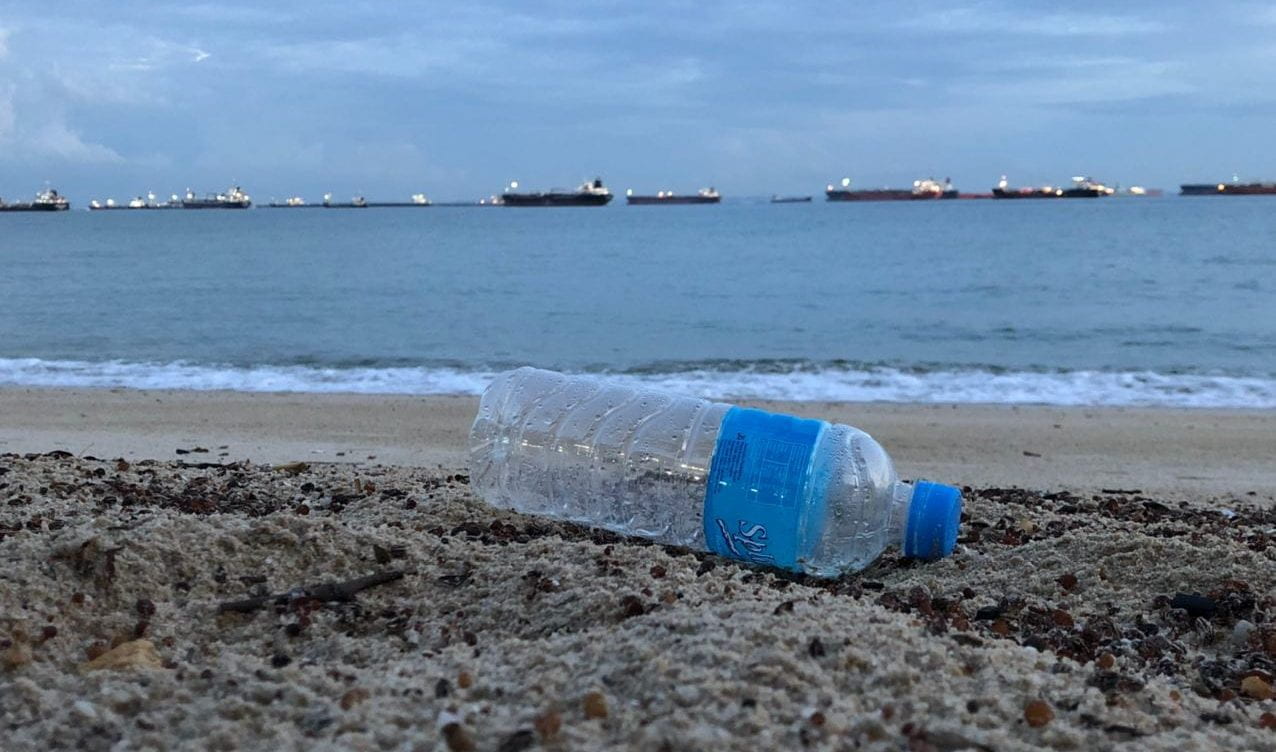If you have been keeping in the loop about beach clean-ups in Singapore, you probably would have heard of the East Coast Beach Plan. If you somehow have not, well the East Coast Beach Plan is a community-led initiative led by Samantha Thian and her company, Seastainable.co, that in the past few months has grown immensely due to the amount of publicity and interest shown in it by members of the public.

I remember joining their telegram group in around July when there were only around a hundred people inside, however, due to articles such as this one on mothership and even one in the Straits Times about the beach clean-up efforts, the group membership shot up to more than two thousand in less than a month.
As we all know, publicity on environmental issues such as this one is a good thing as it not only raises awareness within the community but also if there is enough public outcry on the issue, the government has no choice but to get involved.
However, is the publicity of these events and efforts always good?
Well, a case could be made for publicity being bad when is the publicity made is too controversial, causing people to do the opposite of what was intended. One example of this would be when Pornhub, a company that produces pornographic films, made a video whereby one of their films was filmed on a beach. According to the company, every time a person viewed the video, a donation would be made to Ocean Polymers, a company that recycles ocean plastics.
This video caused quite a big controversy, as some people were rubbed the wrong way by it and felt that they were less likely to participate in beach clean-ups due to the association between it and the pornographic film.
Another instance where too much publicity could be bad is when too much hype is built up over something that fails to materialise, giving the general public false hopes that lead to disappointment and may even cause them to reject the cause in the long run. One well-known example of this in the marine litter community was the failure of The Ocean Cleanup’s Wilson device, which raised over $21 million for trials in 2017 in hopes of being a long term solution to clean up the oceans.
This device was supposed to be able to trap large amounts of garbage in the Pacific Ocean, however, it has proven to be ineffective as it was too slow to catch the drifting plastic. Failures such as these, especially on such a large scale, erode the public’s trust, and should a similar but more effective solution present itself in the future, people might think twice about contributing to it in fears that their money and efforts would be similarly wasted.

Despite these negative examples of publicity, raising awareness about environmental issues is usually useful in supporting the cause at hand in more ways than one. This paper in the Marine Pollution Bulletin showed the effectiveness of using Facebook to identify and save marine creatures that have been affected by litter and there have been so many other examples whereby publicity has aided environmental movements too.
That being said, let us all remember the power of publicity, and make sure that we always only use it for good.

Hi Mark! such an interesting post!
I agree that publicity is a powerful tool to raise awareness. However, in this day and age where we are saturated with the information, do you think that people will become “numb” and “jaded” after they are presented with an overwhelming amount of information? Will it defeat the purpose of publicity in the long run?
Cheers
Sherry
Hi Sherry,
Thanks for the question. I feel that yes of course people will begin to get desensitized (if they have not already) when it comes to environmental issues. However, there is no better way to get a message across to the public than through publicity, especially in today’s social media-dominated world. Furthermore, given the large amount of publicity already being done, should environmental issues be publicized about less, it might give the public the false impression that these issues are getting better and might lead to them neglecting the need to be environmentally friendly in the future.
Despite this, the problem of balancing desensitization with trying to get publicity is an issue that teams hoping to raise awareness about environmental issues through media campaigns need to be aware of to ensure the further effectiveness of their projects, giving the reader just the right amount of information they need to act on the issue at hand.
Thanks!
Mark